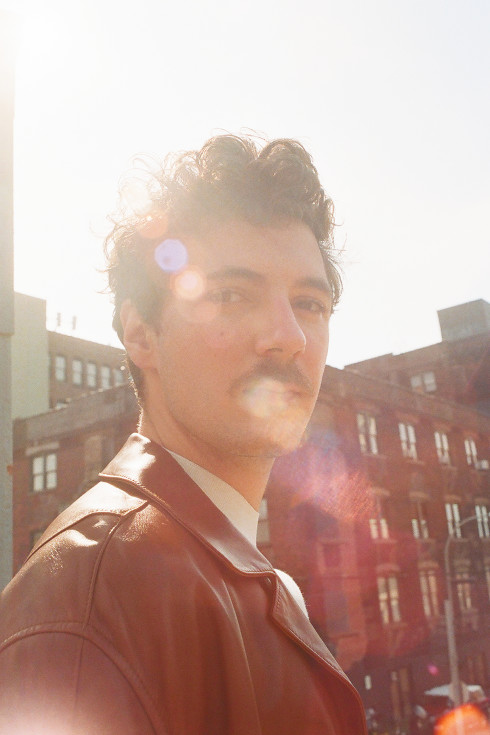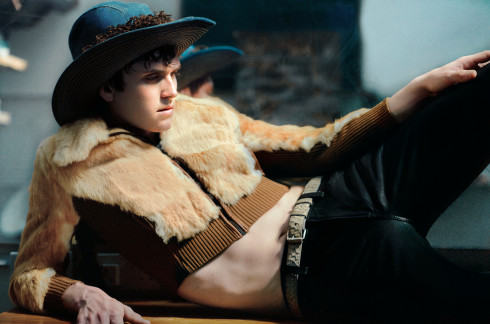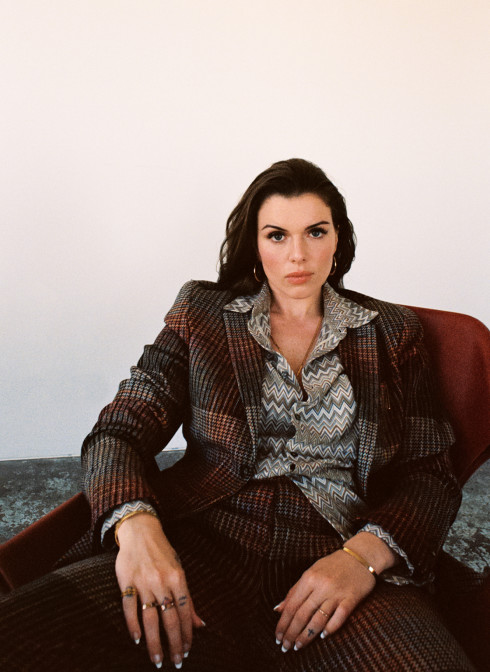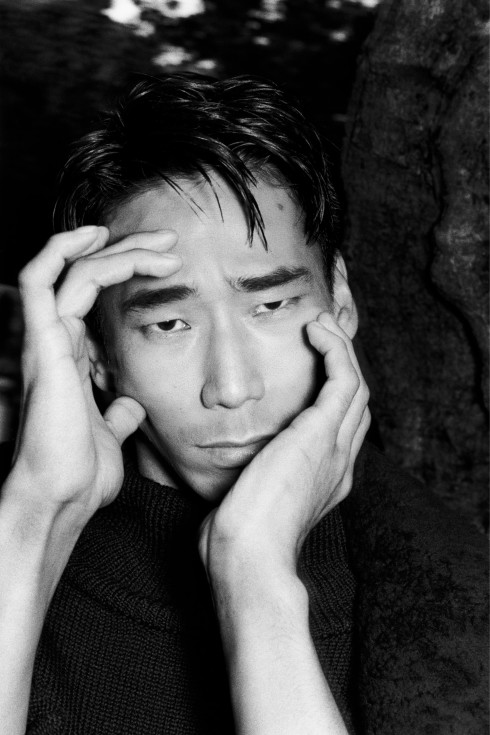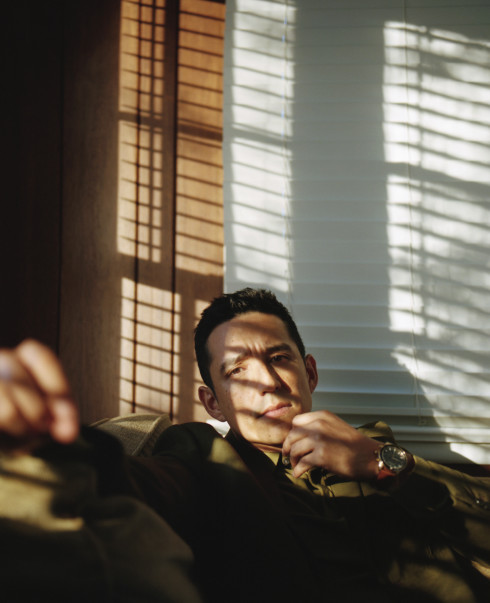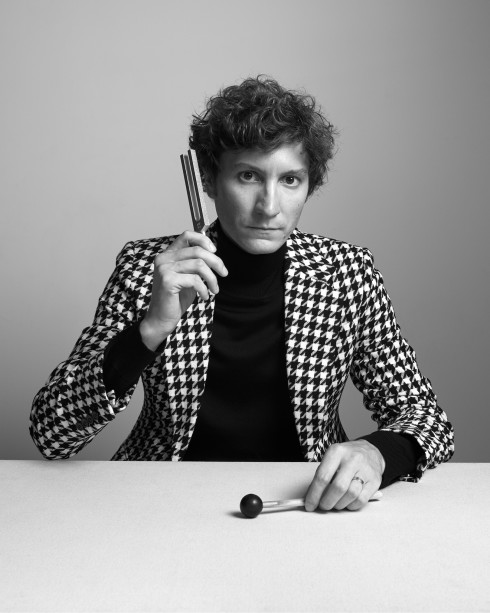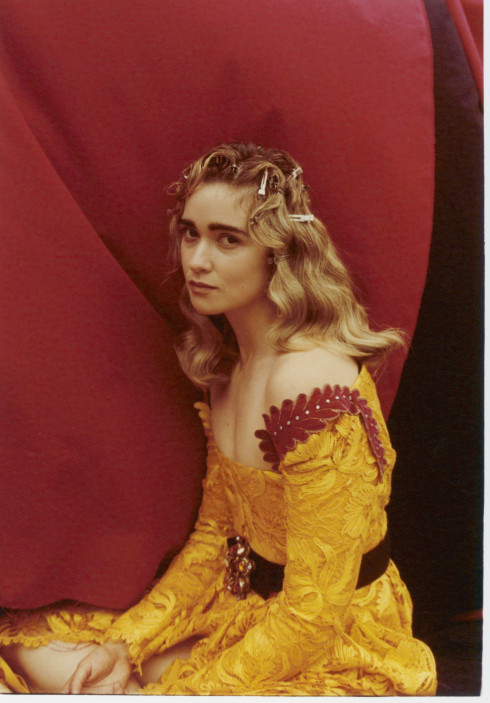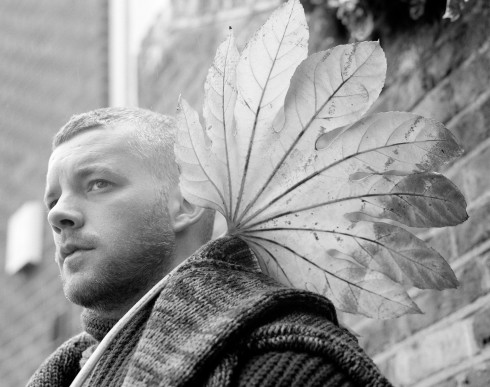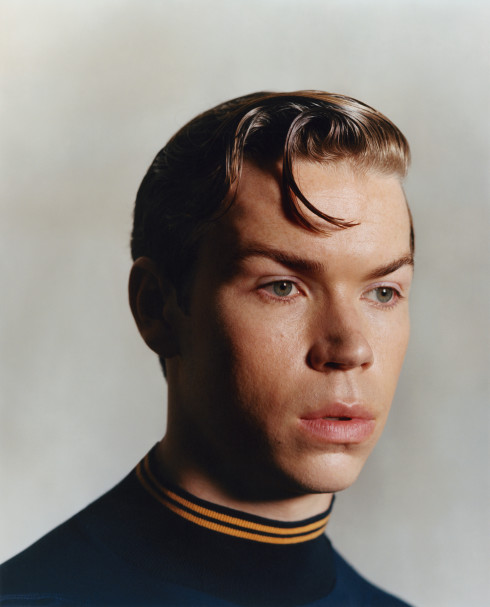
ROSS PARTRIDGE'S 'LAMB'
Lamb, Ross Partridge’s new film about an adrift fortysomething and his relationship with an eleven-year-old girl he befriends one day in a parking lot, is not titillating. It’s not gritty or morbid or even really exciting. It’s not from-the-book-they-couldn’t-publish-comes-the-movie-they-couldn’t-make. The plot, performances, and rewards are all far subtler, but deliver, in the end, an off-kilter and, in some ways, more unsettling product than more obviously shocking fare. Your mind might already be making a trip of the tongue down to the teeth (Lo-li-ta), and indeed many of the film’s physical locations are familiarly Nabokovian—think roadside motels in the American heartland. But the emotional landscape through which actor-director-screenwriter Partridge leads us is crucially different. It’s one of strange and sometimes difficult-to-recognize figures, but Partridge renders it so skillfully that, from the time the story really gets rolling to its genuinely surprising finale, you don’t want to blink, let alone look away.
“As an actor, you always try to find compassion,” says Partridge. The saying that you have to be a lawyer for your character is so common in the world of acting that it has almost become a truism. But does that change when you’re making a film about this type of relationship? For Partridge, the answer is no. One of the reasons he wanted to make a movie out of Bonnie Nadzam’s novel (of the same name) in the first place was the ambiguity he felt while reading it. “I couldn’t quite grasp what I was feeling,” he says, “why I was empathetic or sympathetic” to a character like David Lamb. This confusion, and Partridge’s ability to live in it, is not only the reason the film got made—it’s the reason it succeeds, to the extent that it does.
As both actor and director, Partridge displays a sharp sense of balance in negotiating scenes of tricky content. His great talent here is for working in gradient, avoiding sharp turns or, really, any moment that would declare itself too loudly. He seems to understand that the moment we, as the audience, decide clearly how we feel about the whole thing, the interest evaporates, and we are in a didactic picture on a topic that needs little corrective instruction. Partridge’s assiduous attention to treading an almost impossibly slim tonal line keeps us in a persistently uncomfortable state of suspense.
There are plenty of problems with Lamb, to be sure. Much of the lyricism falls a bit flat, and the older man’s frequent reference to all the beauty he has seen does leave one wondering what beauty exactly he is talking about. There is also the fact that the script suffers from some clunkily noirish dialogue (Confession: “My heart’s like an old garage that needs some tidying.” Earnest, soulful rejoinder: “I’m not sure you can tidy a heart like you can tidy a garage.”). Right. But solid performances from Partridge and co-star Oona Laurence help ensure that the audience is in for an affecting and unsettling journey.
